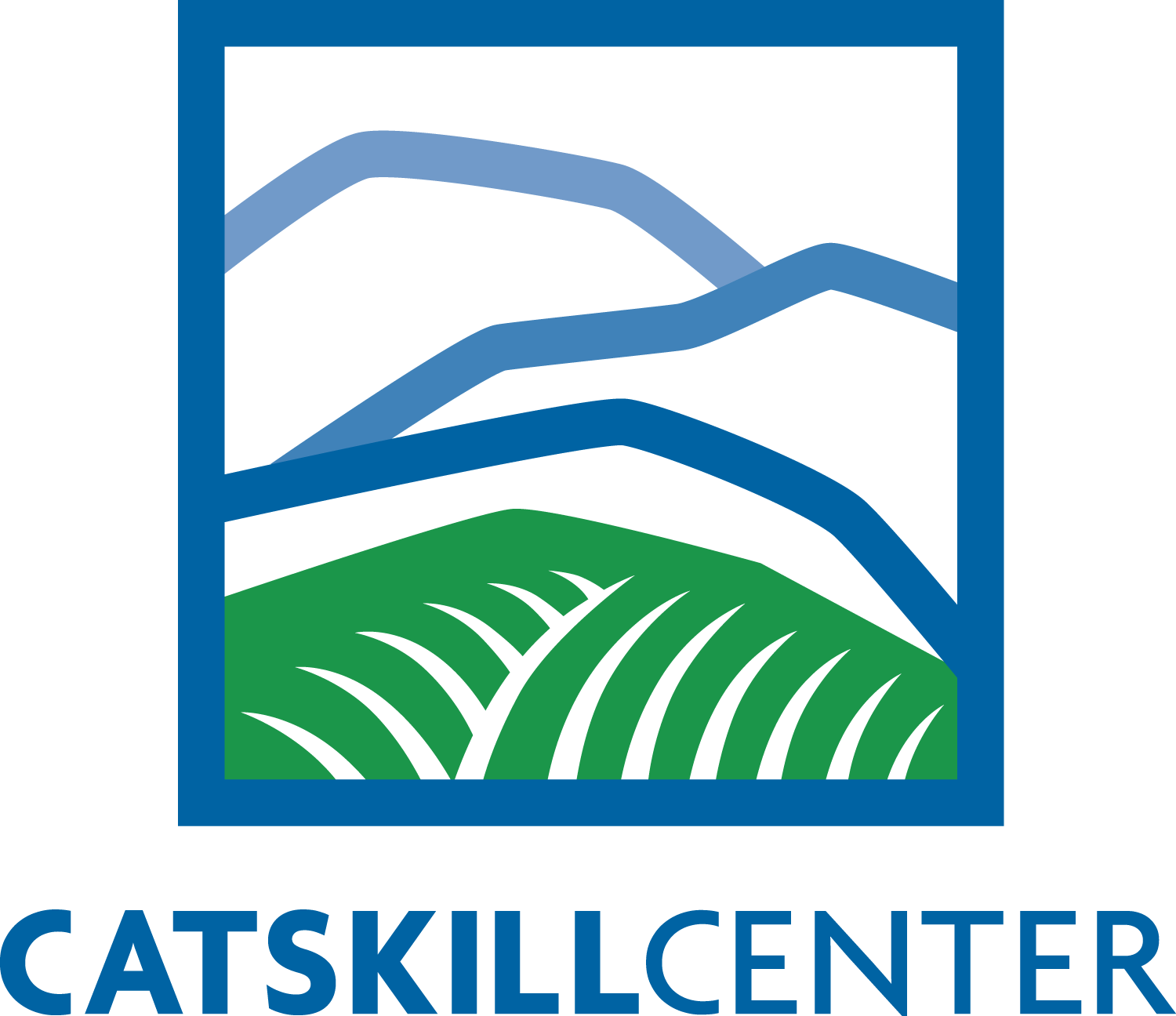One of Wildlife’s Fiercest Advocates Passes Away
Wildlife lost a close friend when the most respected and knowledgeable wildlife rehabilitator in the Catskills, if not all of New York, unexpectedly passed away in early October. Barbara “Missy” Runyan founded Friends of the Feathered and Furry Wildlife Center in 2002 in Greene County with her husband, David LoVerde. Over nearly two decades, Missy expanded the Center from a room in her house and some outdoor pens to the most extensive rehabilitation center in the state.
Most rehabilitators do a fast mental cost/benefit analysis when they receive an injured animal. What will be the cost of surgery? How long will I have to provide food, physical therapy, or extra care? What are the chances it will survive? The triage calculation never entered Missy’s mind. She often went without so she could afford complicated and life-saving surgeries. She patiently spent months providing special care to get an animal to the goal of its release. Even if the animal didn’t survive to that goal, Missy saw every success and failure as a learning experience.
A few years ago, fundraising allowed her to purchase a kit to detect the level of lead in blood — one of the most pervasive and detrimental conditions plaguing many of the raptors and scavengers that arrive at the Center. Before then, Missy had to decide which birds were most likely to test positive, send the blood samples to remote labs, and then wait for days to determine if treatment was necessary. Having an on-site test kit, as well as a portable x-ray machine, changed the speed and effectiveness of treating these animals.
Besides Missy’s sixth-sense when it came to caring for injured animals, she passionately educated the public, local law enforcement, and various New York State Department of Environmental Conservation staff about the secondary dangers of ingested lead ammunition to birds, and she frequently gave out non-lead ammo to the officers to dispatch injured roadside deer.
Missy was conducting a groundbreaking study to test the efficacy of a lead treatment protocol she developed after proof that the currently accepted protocol does not work. Missy and her team attached GPS tracking units to three bald eagles that had registered high lead levels in their blood and were rehabilitated over the course of several months. Missy released the third eagle mere weeks before her death.
Missy was highly regarded throughout the state as a no-nonsense, competent, and humane rehabilitator. She frequently accompanied officers on home raids for trafficked endangered species.
A small army of volunteers has assisted Missy and Dave in their monumental undertaking. They do everything from transporting injured eagles across the state and rescuing distressed ducks on ponds, to scrubbing the clinic’s cages and floors. I was fortunate to be one of those volunteers.
I once asked Missy why she showed no fear when an orphan bear bluff charged us. She said that her dauntless courage was forged in younger days when she’d work to rescue fighting pit bulls on Long Island. She said she learned to deal with both the frightened, vicious dogs, and their owners, who were more dangerous.
When asked how people can be better neighbors to wild animals, Missy replied, “The key is to never lose respect for wildlife.” (From the Catskill Center’s book, “Natural Resources: 50 Stewards of the Catskills.”)
Outspoken, and not afraid to tell anyone exactly what she thought in very colorful terms, Missy was unapologetic in her advocacy for wildlife. Heaven help the unsuspecting do-gooder who fed cow’s milk to a fawn or hamburger to a baby owl. Along with lessons on “why not,” Missy would dispense practical advice and admonishments to leave care and feeding of wildlife to the experts.
Last year, a veterinarian intended to put down a barred owl with a break so high on its wing that it would be impossible to set. “Give me till morning,” Missy told the vet over the phone. Missy racked her brain, trying to remember something. By morning, her seemingly photographic memory allowed her to locate a paper in a veterinary journal she’d read eight years earlier, which ended up saving the owl’s wing and life. The owl was released after several weeks of rehabilitation.
The Friends of the Feathered and Furry Wildlife Center continues to operate. Missy’s husband Dave, volunteers, and veterinarians intend to keep the facility operating in Missy’s honor. The facility’s continued operation is vital for the treatment of hundreds of bird and animal species. But that extra special something that Missy provided is gone, and is grievously missed by the animals and humans that were part of Missy’s world.
By Catskill Center Board Chair Peg DiBenedetto
